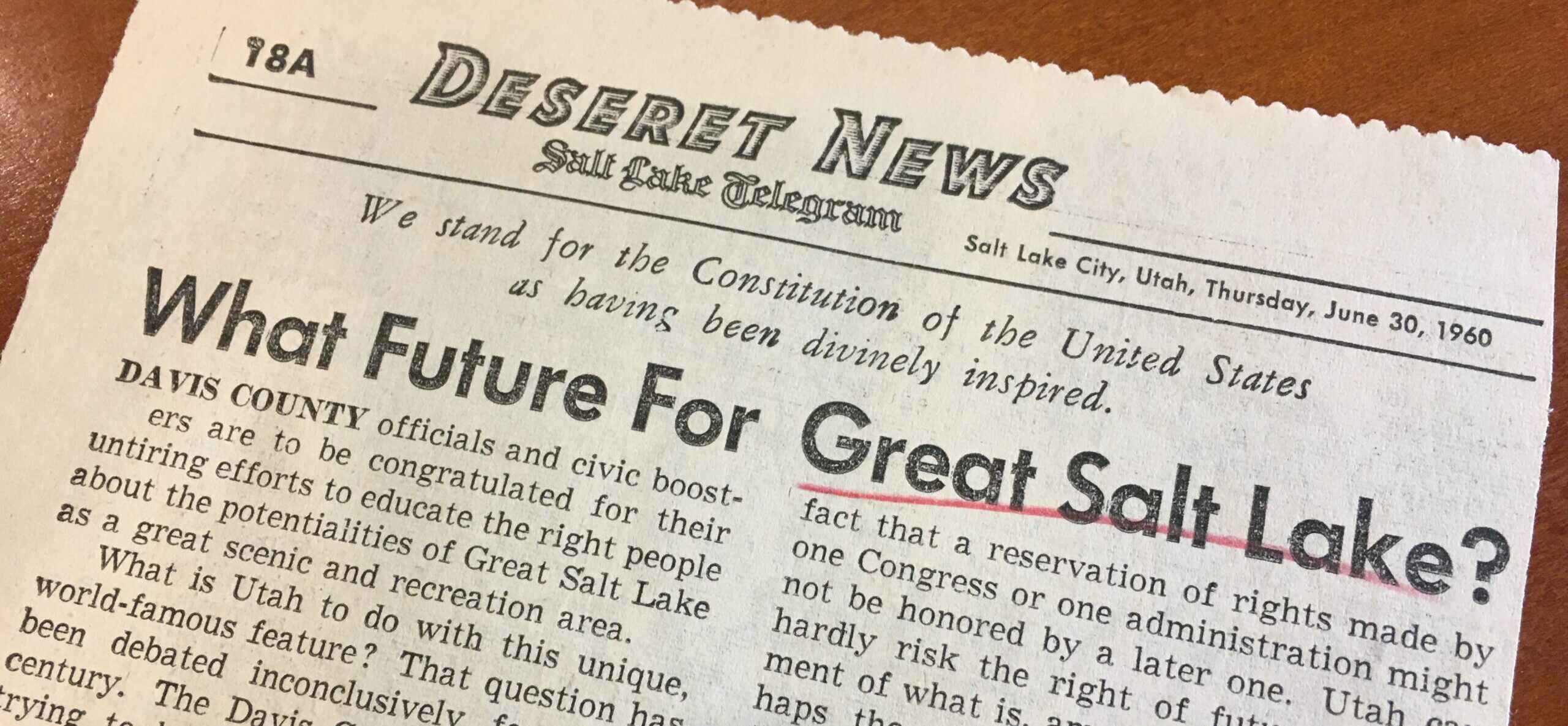
Records Laws Webpage Updates
 The dictionary defines ‘laws’ as “a body of rules and principles governing the affairs of a community and enforced by a political authority.” In keeping with that definition, records laws are the body of rules and principles governing records, including all aspects of their creation, identification, use, and maintenance or destruction. Deciding who has access to government records has been a topic of debate in Utah of late. Records laws help answer that question. Last year a GRAMA working group studied Utah’s records laws, looking for ways to improve them. If recent Legislative updates reflect the findings of the GRAMA working group, then what Utahans need is better understanding of records laws.
The dictionary defines ‘laws’ as “a body of rules and principles governing the affairs of a community and enforced by a political authority.” In keeping with that definition, records laws are the body of rules and principles governing records, including all aspects of their creation, identification, use, and maintenance or destruction. Deciding who has access to government records has been a topic of debate in Utah of late. Records laws help answer that question. Last year a GRAMA working group studied Utah’s records laws, looking for ways to improve them. If recent Legislative updates reflect the findings of the GRAMA working group, then what Utahans need is better understanding of records laws.
In keeping with this idea, the Archives has revised the Records Laws page on the Archives website to create a convenient point of access for records laws. Links from this site include:
- State records laws. The Government Records Access and Management Act (GRAMA), the Public Records Management Act (PRMA), and the Open and Public Meetings Act, are sometimes referred to as sunshine laws. Variations of these laws exist in every state. Additionally, records are mentioned in numerous places throughout Utah code.
- Local government records ordinances and policies. GRAMA allows local governments to adopt records policies or ordinances. (see Utah Code 63G-2-701(1). This ability provides the opportunity to be more specific, to fill in gaps, or make adaptations to GRAMA. For example, specific fee schedules can be adopted or an appeals process separate from the State Records Committee can be put in place. However, local ordinances and policies must be consistent with state laws. Local governments that have adopted records ordinances or policies are required to file them with the state archives. (Utah Code 63G-2-701(1)(e).
- Federal laws. Common examples of federal laws that affect Utah government records are HIPAA (Health Insurance Portability and Accountability Act) and the Family Educational Rights and Privacy Act (FERPA). Other federal laws could affect specific kinds of records.
Governmental entities with records ordinances should verify that the links provided are attached to the most recent records ordinance. If the ordinance listed for your governmental entity is incorrect, or missing, please contact Glen Fairclough.
To visit our newly updated records laws page, click here.
Recent Posts

New Finding Aids at the Archives: April 2024

ARO Spotlight: Debbie Berry from the Division of Water Rights

Utah History Day 2024: Archival Research Winners

From Pews to Pixels: Weber State’s Stewart Library Digitizes New Zion Baptist Church’s Legacy

New Finding Aids at the Archives: March 2024
Authors
Categories
- Digital Archives/
- Electronic Records/
- Finding Aids/
- General Retention Schedules/
- GRAMA/
- Guidelines/
- History/
- Legislative Updates/
- News and Events/
- Open Government/
- Records Access/
- Records Management/
- Records Officer Spotlights/
- Research/
- Research Guides/
- State Records Committee/
- Training/
- Uncategorized/
- Utah State Historical Records Advisory Board/